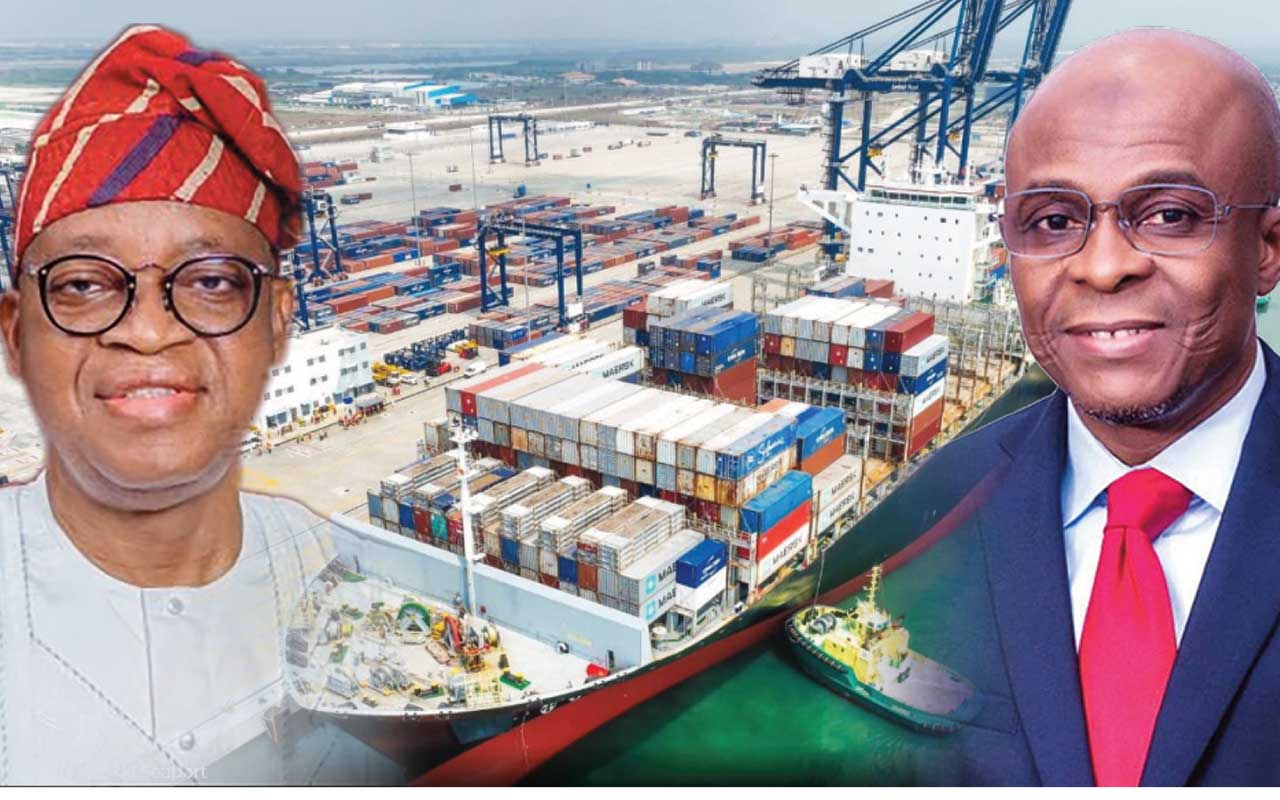Nigeria Customs Service (NCS) has unveiled plans to transform port operations through its digital platform, B’Odogwu, which is projected to drive efficiency levels to as high as 99.99 per cent and align the trade processes with global standards.
Assistant Superintendent of Customs I and B’Odogwu Implementation Officer at the Apapa Area Command, Khalid Salis Hussain, said the digital platform, already in deployment across ports in the country, incorporates artificial intelligence (AI) for advanced risk analysis, drastically cutting delays, boosting transparency, and simplifying cargo clearance.
He stated this during a presentation at the maiden Advocacy Times Port Industry Breakfast Meeting held in Lagos with the theme, “Port Efficiency and B’Odogwu Deployment – Impact and Prospects.”
Hussain said the system was designed to deliver world-class efficiency, noting that shortly, it is going to bring about 100 per cent port efficiency.
Hussain, a member of the team that developed the platform, noted that with scanning machines now installed and AI integrated into its operations, B’Odogwu will be at par with the standard required internationally.
He added that by allowing traders to submit documentation remotely and track clearance in real time, the platform enhances security, transparency and service delivery while reducing bottlenecks.
To address recurring concerns about network disruptions, Hussain disclosed that the Apapa Port Command has provided three separate fibre optic internet connections across ports as backup.
“This ensures we can switch networks without downtime, eliminating unnecessary delays,” he explained.
The Apapa Port Command’s Public Relations Officer, Tunde Ayagbalo, assured that the Service is responding swiftly to issues raised by stakeholders, noting that regular engagement sessions are being held to strengthen confidence in the system. He said Customs will keep fine-tuning and improving the system to make it more robust and ensure trade facilitation.
Maritime expert and Publisher of JournalNG Magazine, Ismail Aniemu, commended the initiative but called for broader reforms to ensure Nigeria’s maritime sector competes effectively within regional and global trade.
He said the impacts of port inefficiencies extend beyond maritime stakeholders, reaching deep into the hinterlands of the country and affecting the daily lives of ordinary Nigerians.
Aniemu urged authorities to match technological innovation with policy support to reposition the ports as engines of economic growth. The convener and Publisher of Advocacy Times, Paul Ogbuokiri, in his welcome address, emphasised the efficiency of Nigerian ports as a matter of urgent national interest, stressing that a well-functioning port system is fundamental to the success of the maritime sector and has far-reaching implications for the entire economy.






